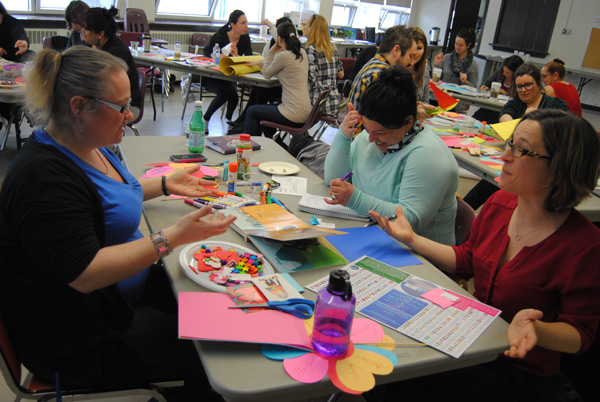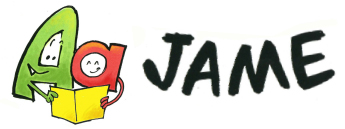Training for participants
Bilingual children and plurilingual environments: innovative practices for successful integration
The reality for many practitioners in Quebec today is that they have to relate to children from different cultures and support their learning of French, communicate with their parents, and help the whole family integrate into the host society.
For several years, university research teams in education have been developing new intervention practices in early childhood in a multi-ethnic and multilingual context.
Did you know that children learn best in a warm and positive environment, where their cultural and linguistic identity is respected? Did you know that a thorough knowledge of one's own mother tongue is an essential basis for better learning French? How can you integrate these approaches into your environments to best promote the integration of allophone children? In this context, what is the place of books, both as a vehicle for the French language and culture and as a fabulous tool for bringing together a multilingual group?

- Topics covered during the training :
- Workshops to put the situation into practice and raise awareness of the experience of an allophone child;
- What is the intercultural approach?
- How to help a child learn French better?
- Notions of linguicism;
- Theoretical background on learning a new language (factors and stages of language development, different stages of second language acquisition, interdependence between languages, bilingualism);
- Innovative teaching resources and practices: books, specialised bibliography, documents for parents, internet links, story bags, ELE kits.
- For whom?
This course is aimed at teachers or specialists, educators, animators or facilitators who work with groups of multilingual children. It can be adapted to the world of early childhood or to school-age children.
- Format :
The workshop can be offered in 3 or 6 hours, depending on the needs.
The 6-hour workshop offers participants the opportunity to experiment with some of the resources presented in the first part of the workshop, in small groups where their creativity will be solicited. They will then be able to build concrete tools, developed in group, to facilitate the deployment of the concepts seen during the training in their groups of children.
- Facilitator One or two JAME educational coordinator(s), depending on the composition of the group.
- Number of participants : from 8 to 40 people.
- Logistics Logistics: the host organisation must recruit the participants, provide the premises and supply the following equipment: tables, chairs, projection screen, projector.
- Cost of the course :
- 3h formula : 500$.
- 6h formula: 1000$.
- travel expenses not included
